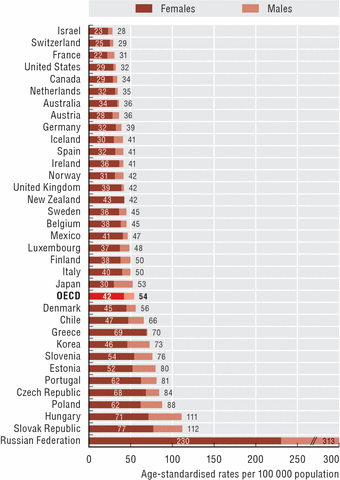- Joined
- Jul 28, 2004
- Messages
- 27,958
- Reaction score
- 56,375
I actually like that report. It states quite clearly that our higher mortality rate is due almost exclusively to our higher pre-term delivery rate even though we are better at pre-term deliveries than just about anyone else.Please, don't get started. It's already been addressed by the CDC. Even when you exclude births before 22 weeks, we still do worse than many of our European peers (almost double the mortality rates of Norway and Sweden, for example). And when you break it down by gestational period, we actually do better than most of our peers in births before 27 weeks. Where we struggle most (comparatively) is in births after 37 weeks. See Table 2 from the report.
This line is particularly egregious:
Bull****. Of the 19 countries in that report, 14 report births the same we do (i.e. all live births). France's cutoff is 22 weeks and 500 grams, by the way.
It's frustrating to see this excuse get trotted out over and over, when the evidence doesn't support it.
As someone who used to deliver babies, I can tell you that the majority of pre-term deliveries are due to factors outside of our (doctor's) control - advanced maternal age, poor lifestyle choices, and most especially drug use. A large amount of the remaining pre-term deliveries are due to the US being much less willing to just let a pregnancy go if there is concern about a complication.


